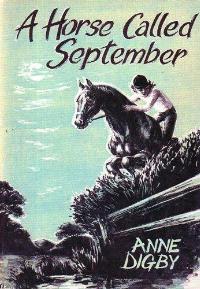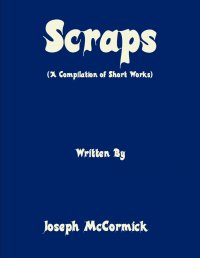This short book contains 250 anecdotes and stories about the arts. For example: 1) Sir Adrian Boult once accepted an invitation to conduct British music with a famous American orchestra that was known for a few eccentric qualities. Sir Adrian and the orchestra practiced well together, and he was able to remove the eccentric elements of the orchestra’s performance and replace them with elements of nobilmente. However, at the concert, the orchestra played with all of its original eccentricity and with none of Sir Adrian’s nobilmente. Following the concert, an annoyed Sir Adrian asked the concertmaster why the orchestra had played one way during rehearsal and a very different way during the concert. The concertmaster replied, “The rehearsal’s all yours–but the concert’s all ours.” 2) Artists see possibilities that other people don’t see. David Hockney enjoyed driving his car in the Santa Monica Mountains. He also enjoyed listening to music such as Wagner’s “Parsifal” while driving. While driving, he noticed that occasionally the music suited the landscape exactly, and therefore he choreographed two drives in which the high points of the music corresponded with the high points of the landscape. He even took some children with him on one of these choreographed drives. They sat quietly during the drive, then told him, “It’s like a movie,” which Mr. Hockney interprets as “meaning what they saw and what they heard combined into something.” 3) When Peter Martins first began performing with the New York City Ballet, he had to learn several ballets very quickly. Often, he learned a ballet during a day, then had to perform it later that night. On one occasion, he was dancing with Suzanne Farrell. He had five entrances and exits. The first four entrances went well, but he forgot about the fifth. For support, Ms. Farrell stretched out her hand, which Mr. Martins was supposed to take, but Mr. Martins was offstage, so Ms. Farrell fell on her face. To the audience, it looked as if Ms. Farrell had committed the fault. According to Mr. Martins, “She was furious with me about that for a whole week.” 4) Soprano Emma Eames was often asked to sing at benefits, and occasionally she got annoyed at society ladies who expected much for charity from her but little from themselves. She once made a proposal to some such society ladies who asked her to perform free at a benefit concert: “I will, on one condition. You are all wealthy ladies, far wealthier than I. Now, my usual [fee for singing] is £300. I will contribute that by singing, on condition that each of you will sign for the same amount.” The society ladies said that they would think about it, and they did not bother her again. Music critic Henry T. Finck, a friend to Ms. Eames, wrote in “My Adventures in the Golden Age of Music,” his autobiography, “The charity of society women too often resembles Mark Twain’s climbing of the Swiss mountains–by proxy.” Ms. Eames was an independent spirit who was not afraid of offending people. She once said to Mr. Finck’s wife, “I love to give parties for the pleasure of leaving out certain persons who want to come.”
Juicy Jersey: #5 Humorous Cozy Mystery - Funny Adventures of Mina Kitchen - with Recipes (Mina Kitch...
Burger Joints
Reviews:
No reviews yet.
Third Party Reviews:
No reviews yet. Why not link one?
You can suggest a blog review here
<< Next post in Archived Books
Previous post in Archived Books >>
2018-04-06












